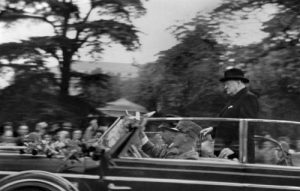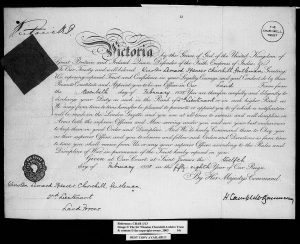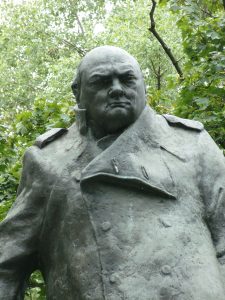
StoryElement
The General Strike, 4–12 May 1926

Winston Churchill, Parliament Square, London © Sue Lowry & Magellan PR
January 1, 1970
In May 1926 the Trades Union Congress called a national stoppage – or general strike – in support of the miners who were being asked to work longer hours for less pay by the mine owners. The strike brought out Churchill’s fighting nature. His talk of crushing victory over the strikers did little to help resolve the protest. When he organized troops to convoy supplies from the London docks through the streets, people felt he was trying to put down the strike with military force.
Baldwin’s calmer and less antagonistic approach won out and the strike was called off after only nine – albeit paralyzing – days. Churchill was kept on the sidelines and, utilizing his journalistic skills, was put in charge of editing an emergency government newspaper, the British Gazette. At its peak, it had a circulation of five million.
For more on the General Strike, see film footage of mass demonstrations on the BBC and read the diary of a strike in the National Archives.
The miners’ dispute, which Churchill regarded rather more sympathetically, dragged on for several more months.
Subscribe
WANT MORE?
Get the Churchill Bulletin delivered to your inbox once a month.




